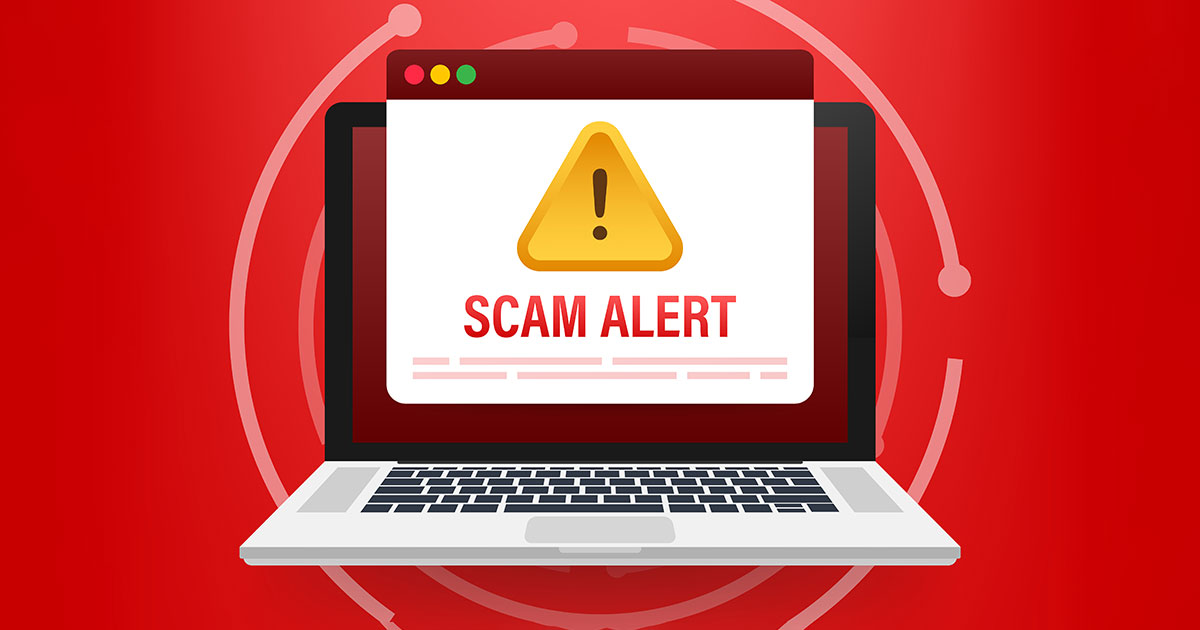The State Bar of Wisconsin has received reports of a Business Email Compromise scam in which scammers impersonate members of the State Bar’s leadership team and request help in making financial transactions.

Dec. 1, 2021 – The State Bar of Wisconsin has received reports of a business email compromise scam in which scammers impersonate members of the State Bar’s leadership team and request help in making financial transactions.
In one case, the scammer sent an email impersonating a member of leadership and asked the recipient to purchase gift cards that would be awarded to “diligent partners.”
Failure to uncover the scam, which can look legitimate on the surface, may have led to the purchase of gift cards and delivery as directed by the scammer.
Another scam, uncovered by the University of Wisconsin, asked recipients to send their cell phone numbers to the campus leader the scammer was impersonating.
These kinds of scams are just variants of “phishing scams” in which scammers are trying to obtain private information or perform actions that result in financial loss.
Also known as email account compromise, the Federal Bureau of Investigation says the scam “is one of the most financially damaging online crimes.”
Here are the FBI’s Tips to Protect Yourself
Be careful with what information you share online or on social media. By openly sharing things like pet names, schools you attended, links to family members, and your birthday, you can give a scammer all the information they need to guess your password or answer your security questions.
Don’t click on anything in an unsolicited email or text message asking you to update or verify account information. Look up the company’s phone number on your own (don’t use the one a potential scammer is providing), and call the company to ask if the request is legitimate.
Carefully examine the email address, URL, and spelling used in any correspondence. Scammers use slight differences to trick your eye and gain your trust.
Be careful what you download. Never open an email attachment from someone you don't know, and be wary of email attachments forwarded to you.
Set up two-factor (or multi-factor) authentication on any account that allows it, and never disable it.
Verify payment and purchase requests in person if possible or by calling the person to make sure it is legitimate. You should verify any change in account number or payment procedures with the person making the request.
Be especially wary if the requestor is pressing you to act quickly.
The State Bar provides tips and advice related to technology, as well as guidance to minimize the risk of “phishing” and other scams, through its Law Office Management Assistance Program (Practice 411™).
Resources to Identify and Avoid Scams
